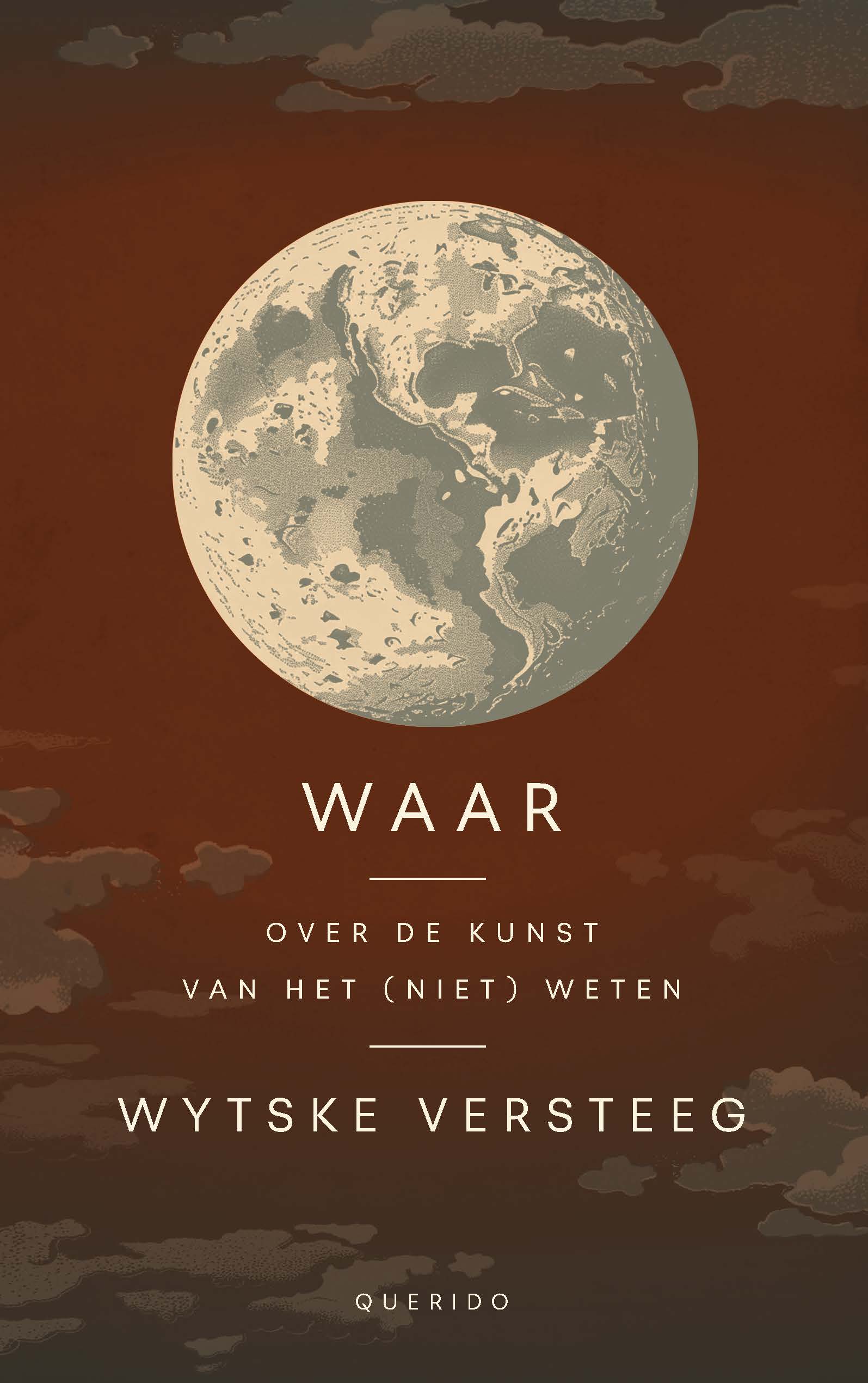True
On the Art of (Not) Knowing
In our ‘post-truth’ era it is a commonplace to say that the truth has become irrelevant, that facts have given way to opinions. Nevertheless, most people are actually trusting by nature and the belief in a shared truth is what keeps us together as a group, as a society. In these linked literary essays, Wytske Versteeg conducts a personal investigation into truth’s mercurial nature.
As it turns out, only a small number of people spread disinformation. Forty percent of the lies about Covid-19 shared in 38 million articles could be tracked back to the then-president of the United States. How do you recognise a liar? How do you determine what is actually true? And what does it take to change your mind? Versteeg examines how truth has been delineated through the ages by writers, thinkers and artists. Already in 1895, the French painter Jean-Léon Gérôme depicted Truth (as a woman) fallen down a well. The American Adrienne Rich compared truth to a carpet whose complex design and underlying knots we don’t at first see. Versteeg is clearly at home in this territory and calls on a diverse array of sources from Solzhenitsyn, the Innuits, Christianity, to Lewis Carroll, Jorge Luis Borges, Alice Munro and more.
True is a quest for the art of (not yet) knowing, along the porous boundaries between truth, perception and imagination. It is a dizzying journey that consults scientists and mediums, poets and con artists, artists and liars. Ultimately, the truth turns out to be, above all, a matter of trust.
Rave reviews for this book by an already esteemed writer
Composed as a series of interlinked musings
For the readers of Rachel Cusk, Rebecca Solnit, Emily Ogden

Wytske Versteeg (b. 1983) debuted as a novelist in 2012 with 'Weightless', which won the Women’s Debut Prize, was nominated for the Opzij Literature Prize and longlisted for the AKO Prize.